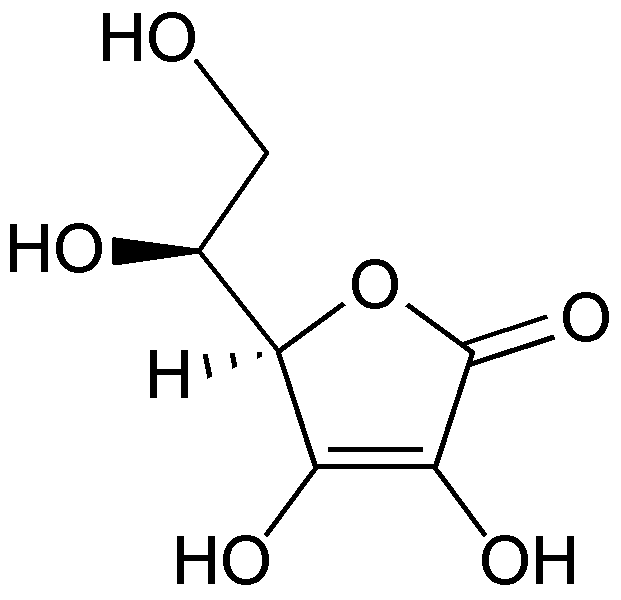To be fair some of the products worked. A little. Most were inconclusive. And one big one - St. John's Wort - interacts with almost every pharmaceutical drug out there and can be dangerous in combinations. My group's topic was no different. We had Vitamin C.
Vitamin C, you know, occurs naturally in citrus fruits. Our body needs it and a lack of the vitamin results in Scurvy. Sailors and pirates would return from see emaciated and losing their teeth. It was determined that they lacked Vitamin C and prescribed oranges, lemons and limes. Vitamin C works great as a treatment for scurvy. But the makers of EmergenC are targeting sailors. Rather, they trick people into thinking that large amounts of Vitamin C could prevent the common cold. They even had a two-time Nobel laureate on their side. Linus Pauling loved Vitamin C taking over a 1000 mg a day or about 1667% greater than the recommended allowance. He claimed it kept him from getting sick, even when he obviously suffered from a cold. Later he claimed that it prevented cancer, even though he and his wife both died of cancer. In short the Pauling promotion of Vitamin C lingers into confusion today. Despite the assertions of the eminent scientist, no evidence ever supported him.
In our group, I landed the introductory role. My job was to get everything started and get people interested. I only presented the first five slides, but I researched and wrote one of the slides at the end (about the Cochrane Review). While I am posting this on here, I do not want to take credit on the interwebs for the entire project. Vitamin C deeply interested me and I enjoyed the history of this great confusion. My group did a great job and they should receive the credit they deserve.

No comments:
Post a Comment